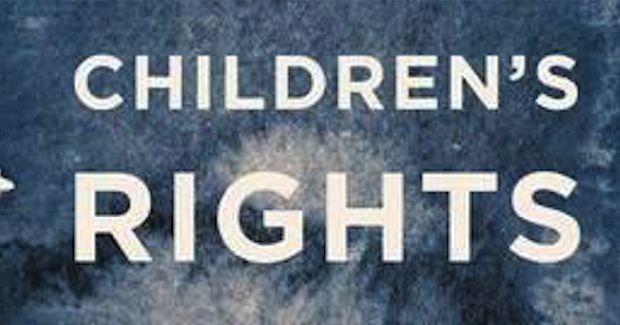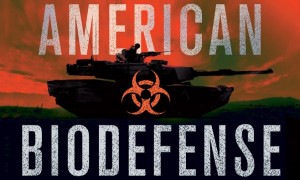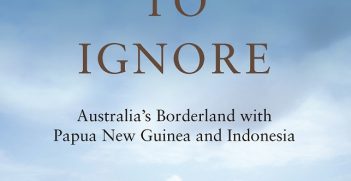Reading Room: Children's Rights

From a refugee child to a teenage suicide bomber to Nobel Prize winner Malala Yousafzai, children play multiple roles in international affairs. This raises questions of children’s rights, capacity and agency.
The question of whether children have rights, what those rights are and how they might be ensured, remains contested. These are not just legal questions, but fundamentally moral questions. Children’s rights regarding their identity, protection, bodies and decision-making capacities are continuously challenged by rapidly changing technologies, lived experiences and cultural shifts. Mhairi Cowden’s book maps these changes, beginning with the fundamental question: do children have rights?
In answering in the affirmative, Cowden argues that children’s rights are based upon ‘interests that are sufficiently important to impose duties on others.’ However, she is quick to note that children’s rights remain disputed, ill-defined and poorly implemented. The reason for this, she argues, is the lack of sufficient theory; what the children’s rights literature needs is an approach that begins by asking ‘why do children have rights?’ before tackling policy development and implementation. This provides a more effective guide to resolving policy puzzles regarding whether children have a right to, as explored in the book’s case studies, know (who provided the egg/sperm for their conception), decide (on their own medical treatment), develop (a capacity such as hearing, if born deaf) or be loved.
At the centre of resolving these questions is the debate on children’s capacities to make competent decisions. The point at which we might say that a human should have the right to make decisions for themselves is based in part upon the confidence we have that that person can make an informed and reasoned decision. This is complex. Children have, to quote the 1989 UN Convention on the Rights of the Child, ‘evolving capacities’. However legal frameworks give little guidance in identifying when this capacity evolves to a sufficient level to enable children to be independent decision-makers. Cowden explores this by disentangling ‘capacity’ and ‘competency’ to recognise that children occupy a ‘separate and distinct moral sphere’ between the two. While this is reasonable, the social construction of childhood makes this a tricky proposition, as clearly demonstrated in impossibly vague international instruments such as the Convention on the Rights of the Child.
Related to this is the unresolved tug-of-war between protection and agency, which Cowden addresses in the introductory chapters. Cowden notes that the balance is rarely struck between liberal claims of children as apolitical beings, or human becomings, to use Alison Watson’s words and liberationists who argue that children do and should exercise emancipatory agency. For example, while Pakistani schoolgirl Malala Yousafzai was awarded the Nobel Peace Prize in 2014 for her advocacy of children’s rights, the following year the United Nations Security Council adopted Resolution 2250 which only supports over 18s to be peace-builders. Few policy approaches recognise that children can simultaneously require protection and effect change.
To resolve these issues we must attend more carefully to children’s rights. As we grapple with international and domestic issues—from allegations of child abuse at the Don Dale and immigration detention centres, to the radicalisation of children and debate on how to provide ‘safe schools’—we must, as Cowden proclaims, get serious about considering children as moral subjects. Until we do, children remain second-class citizens and we remain limited in our capacity to support them in crisis and recognise their potential.
Mhairi Cowden, Children’s Rights: From Philosophy to Public Policy London: Palgrave, 2016. ISBN 978-1-137-49229-6.
Dr Katrina Lee-Koo is a senior lecturer in international relations at Monash University and deputy director of Monash GPS (Gender, Peace and Security).





